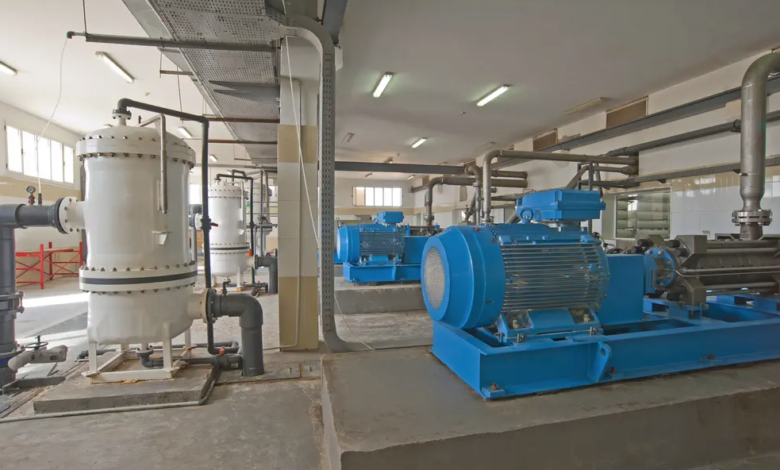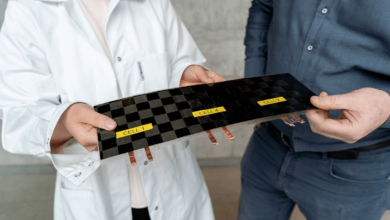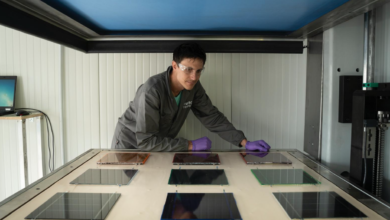Research by the CNR of Rende and the New York University of Abu Dhabi uses thermosalient organic crystals to improve desalination efficiency
Among the many questions posed by desalination, there is that of its economic sustainability. For example, membranes used for reverse osmosis are subject to rapid wear. The encrustations that accumulate during the process reduce the efficiency of the membrane, resulting in a loss of efficiency of the process. It therefore requires a chemical cleaning to bring them back to a good level of performance. But the environmental consequences of this procedure have not studied.
For this, the new joint work of researchers of the New York University of Abu Dhabi and the CNR, published in Nature, is of particular interest. The Italo-Emir-American working group has produced a self-cleaning hybrid membrane that sets out to give a breakthrough to the sector. Moreover, it is precisely in the Arabian Peninsula that much of the world’s water desalination capacity is concentrated. The collaboration with the Institute for Membrane Technology of the CNR of Rende, in the province of Cosenza, makes this news also Italian.
The secret of the invention is the thermosalient organic crystals, embedded in polymers. Thermosalient crystals are a new class of dynamic materials, capable of sudden expansion or contraction during heating or cooling.
By combining these microcrystals with traditional membranes, researchers have developed an “intelligent” membrane. It is capable of deformation by auto-modulating pore size and surface properties in response to temperature changes. The crystals on the surface of the membrane, in practice, react quickly to the rise in temperature, widening the pores and freeing them from encrustations and deposits on their surface. This ability to “unlock” clogged pores increases the flow of desalinated water by more than 43% and significantly prolongs the working life of the membrane.
In essence, the ability of hybrid membranes to self-clean and minimize fouling could make desalination technologies more efficient and increase freshwater availability






